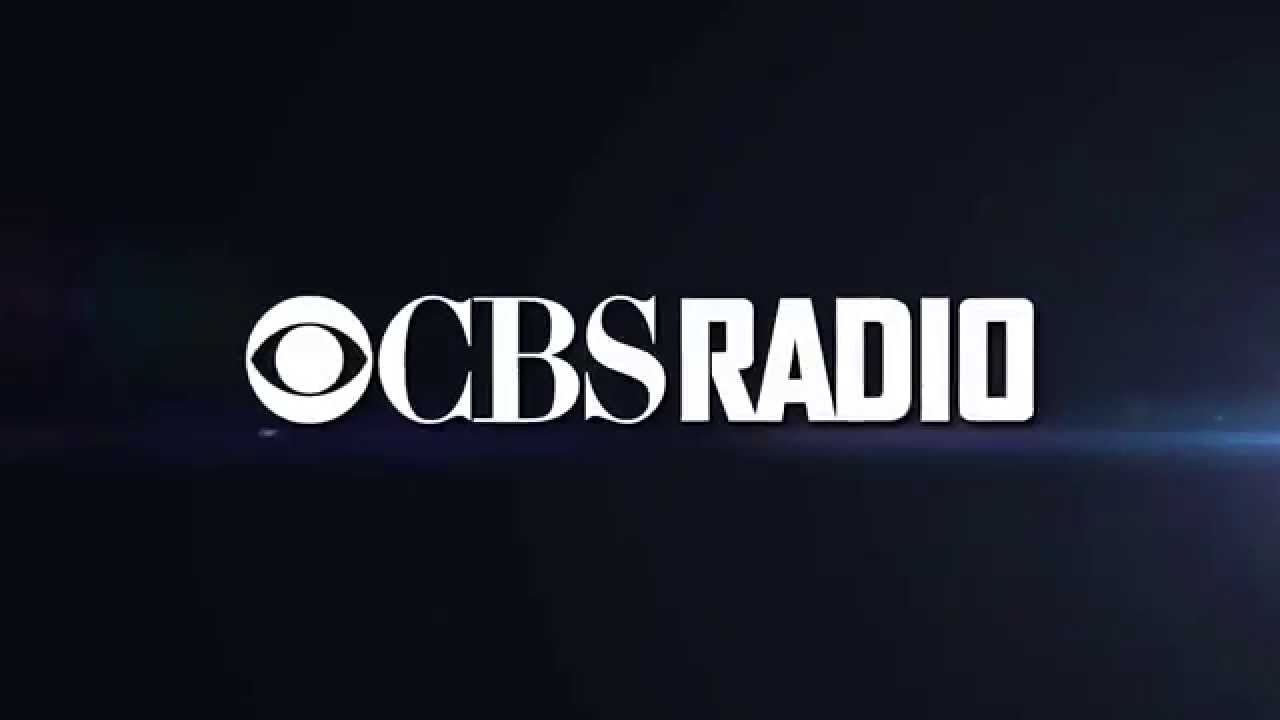
CBS Radio — the operation that launched the entertainment company in 1927 — is about to have a new owner: CBS says this morning that it has a deal to merge the radio business into Entercom Communications, creating a company with 224 stations including 23 of the 25 biggest markets.
The transaction, expected to close in the second half of this year, will be made as a tax-free Reverse Morris Trust. CBS shareholders will have an opportunity to exchange their stock for CBS Radio shares. They can then swap those shares for ones in Entercom as the companies merge.
When the dust settles, CBS owners will hold about 72% of the combined company’s stock. It will be based in Philadelphia and keep the Entercom name.
Entercom CEO David Field will run the combined company and chair the board. There will be nine directors, with five from Entercom — including Field — and four from CBS Radio. Field’s father, Joseph, founded Entercom in 1968 and controls nearly 62% of the voting shares and has agreed to support the deal.
Watch on Deadline
The two companies generated $1.7 billion in revenue over the last 12 months, which would make the combined operation the No. 2 domestic radio station owner. The two also saw adjusted EBITDA of almost $500 million, the companies say computing in “expected transaction synergies.”
CEO Field said those savings could hit $25 million within a year and a half, mostly from corporate level cost reductions but also with merging of operations at local stations near each other.
CBS shares are up about 2% in pre-market trading.
“This agreement is great for shareholders and achieves our previously stated objectives by separating our radio business in the best possible way,” says CBS chief Les Moonves. “Entercom is a superbly run company, and together with CBS Radio’s powerful brands and remarkable people, we are creating an organization that will be even better positioned to succeed in this rapidly evolving media landscape.”
Field calls them “a perfect strategic and cultural fit, enabling us to deliver local connection on a national scale and drive accelerated growth.”
Andre Fernandez will remain CEO of CBS Radio until the transaction closes. He calls it “the beginning of a new chapter for us as we join with an organization with an equally deep tradition in radio broadcasting.”
Moonves told investors last March that he wanted to unload radio. CBS had just taken a $484 million impairment charge after concluding that the value of stations in 18 markets was “lower than their respective carrying values.” It attributed that to “a sustained decline in industry projections for the radio advertising marketplace since 2014.”
In November CBS filed a preliminary prospectus at the SEC to spin off the business, with shares trading on the New York Stock Exchange under the symbol “CBSR.”


Since the FCC has the rule limiting 5 FM stations and 3 AM stations per market, markets like San Diego, Los Angeles, Sacramento, San Francisco, Seattle, Boston, and Miami will have to divest stations. iHeart Media and Cumulus Media wouldn’t be able to acquire any additional stations, as I could see the likes of Beasley Broadcasting, Hubbard Broadcasting, Bahakel Communications, E.W. Scripps Company, Sinclair Broadcast Group, and Cox Media Group as potential candidates to acquire any affected stations. It’ll also be interesting to see whether Entercom Communications Corporation will keep some sort of news partnership with CBS in place, much like Cumulus did when it bought up former Disney-ABC radio stations, has a partnership with ABC.
Whew, at least they didn’t deal with the devil (iHeartMedia).
What will happen to the AMP Radio brand in NYC, L.A., Boston, Detroit, Dallas, and Orlando after Entercom acquires them? Will there be more AMP Radio stations nationwide
Why?
Otherwise, the combined Entercom will add the CBS brand to its current name as well.